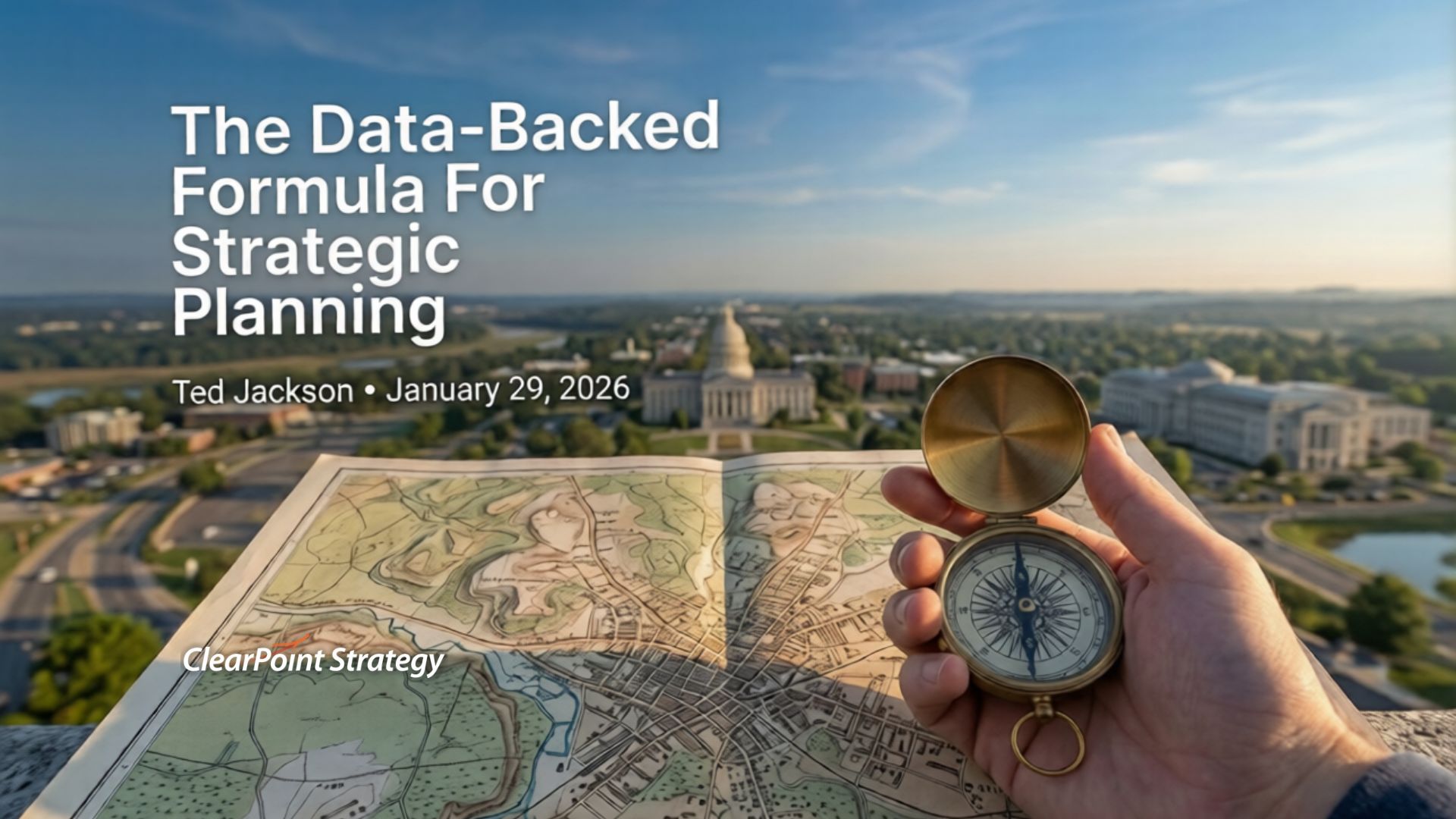New management doctrines have the power to transform an organization's outputs.
Dan Pink's book Drive on the new science of motivation has been highly influential in causing many organizational leaders to re-evaluate their ideas about how to motivate employees (and people in general). The classic compensation-based motivation may not work anymore.
But do these ideas really work? What are some real-life examples of Autonomy, Mastery, and Purpose, and how can your organization adopt these ideas in your workplace?
Encarta vs. Wikipedia
You don't have to look far for a perfect illustration of Autonomy, Mastery, and Purpose. It's a story of two competing projects, pitting hundreds of unpaid volunteers against mighty Microsoft.
Microsoft Encarta was started back in the mid-1990s. Microsoft paid professionals to design and write an online encyclopedia. Project management practices were implemented to ensure it was completed on time and in compliance with all the specifications from leadership.
Encarta essentially said, "Let's do this by the rules" and reinforced specific behavior by financially rewarding timeliness and quantity of output. Microsoft then bundled and sold this software as a CD.
In stark contrast, Wikipedia was started in 2001 using thousands of mostly anonymous online volunteers to build an encyclopedia. Instead of selling the encyclopedia, Wikipedia made it freely available to the public on the World Wide Web. Instead of rewarding writers with financial incentives, Wikipedia's only reward was its sense of community. Wikipedia rewarded its online volunteers by uniting them in a common purpose and giving special public recognition for those who "went the extra mile" with their contributions.
Instead of doing it "by the rules," Wikipedia said, "Let's do this for fun!"
And whether they intended to or not, Wikipedia created the perfect culture of Autonomy, Mastery, and Purpose:
- Autonomy: Thousands of people working on their own, for fun.
- Mastery: Adding one's own expertise and earning respect within the community.
- Purpose: Being part of a movement to create a shared body of knowledge for the world.
Encarta was a job. Wikipedia was a noble and historic mission.
Encarta only published about 62,000 articles in six languages, despite an eight year head start on Wikipedia. The Encarta articles did not have communal input, did not promote autonomy, mastery, or purpose, and Encarta did not succeed. Eventually Microsoft conceded defeat and shut down Encarta in 2009.
Meanwhile, nine years later, Wikipedia is succeeding beyond even the wildest expectations. It is one of the most-visited websites in the world, with 78 million monthly visitors, over 17 million articles, and is available in over 270 languages.
Wikipedia continues to grow with thousands of daily additions in hundreds of languages. And they have continued their culture of Autonomy, Mastery, and Purpose by providing a sense of community and rewarding those who "go the extra mile" in adding, editing, and moderating content.
Tying incentives to performance
So, how can your organization best reward your people if "rewards" don't matter?
The best ideas for incentives come from public recognition of good work. In Wikipedia's case, rewards do not come in the form of a bonus check. But for those individuals who are dedicated and active on the site, they can be honored by becoming a Wikipedia administrator.
With administrator privileges, the honoree gets an added level of Autonomy, Mastery, and Purpose. They have the responsibility and privilege of being responsible for the final draft of articles that will be read by millions of readers. They are intrinsically motivated because their work is its own reward.
Wikipedia administrators don't get paid in money, but they get rewarded by being the gatekeepers and standard bearers of a movement they believe in. Within the community of Wikipedia contributors, this honor is worth more than money.
Atlassian and "FedEx"
Another example can be found at a software company called Atlassian. Atlassian hosts a 24 hour event called "FedEx." During "FedEx," Atlassian developers are given 24 hours of free time to work on anything they want, but they have to "Deliver something overnight." Hence, the "FedEx" moniker. It sounds like a recipe for chaos and wasted time, but "FedEx" has become one of the company's biggest success stories, with the special Autonomy time leading to many important product developments.
Why does it work? The "FedEx" winners are heartily celebrated within the company. Winning the "FedEx" presentation is widely prized within the company – much more than arbitrary cash payments would be.
Through this event, Atlassian gives its employees Autonomy, Mastery, and Purpose:
- Autonomy: Freedom to work on whatever they like.
- Mastery: The chance to develop something that they're experts in and truly care about.
- Purpose: Feeling connected to a high-visibility, exciting opportunity that matters to the company and is admired by their colleagues.
"Sure, it sounds great," you might say, "But I've never heard of Atlassian..."
Well, have you heard of Google?
Google – 20% Time
The 21st century phenomenon intentionally under assigns each employee. Google gives every employee "20% time" – the equivalent of one full workday each week to use their time however they see fit. Google employees use 20% time to invent, explore, and work on any projects that interest them, in any environment they like. Google's 20% time has resulted in hugely valuable ideas. Gmail, Google News, and other popular services were invented during Google employees' 20% time.
Atlassian and Google both understand that the future is driven by new ideas and fulfillment of a larger purpose, and they give their employees the autonomy to pursue it.
Sharing Responsibility
Perhaps the most surprising lesson from Dan Pink and the new science of motivation is that greater freedom often results in greater responsibility. Given the chance, people will start to work harder and think smarter - for their own sake.
If employees are given simple tasks, clear goals, and promised more money to do more work in less time, the organization might make incremental improvements. However, if employees are truly motivated from within, then the sky is the limit.
If employees have a spirit of Autonomy, Mastery, and Purpose, they will have the freedom and inner drive to develop truly creative solutions. Intrinsic motivation – where work is its own reward – is the best way for your organization to achieve transformative goals.
Every organization needs to learn how to motivate employees in order to get the most out of its people, especially with the looming skills shortages that the U.S. workforce is expected to face in a few years. Maximizing our human potential can start with trusting in employees and giving them the freedom to innovate.

.svg)



![Why Strategic Planning Fails (And What To Do About It) [DATA]](https://cdn.prod.website-files.com/637e14518f6e3b2a5c392294/69792f326ab0b1ac3cc24675_why-strategic-planning-fails-and-what-to-do-about-it-data-blog-header.webp)
